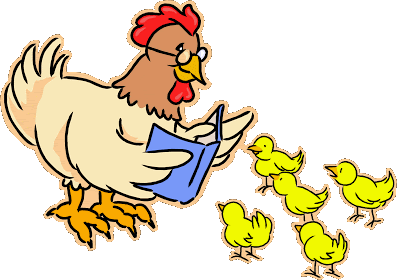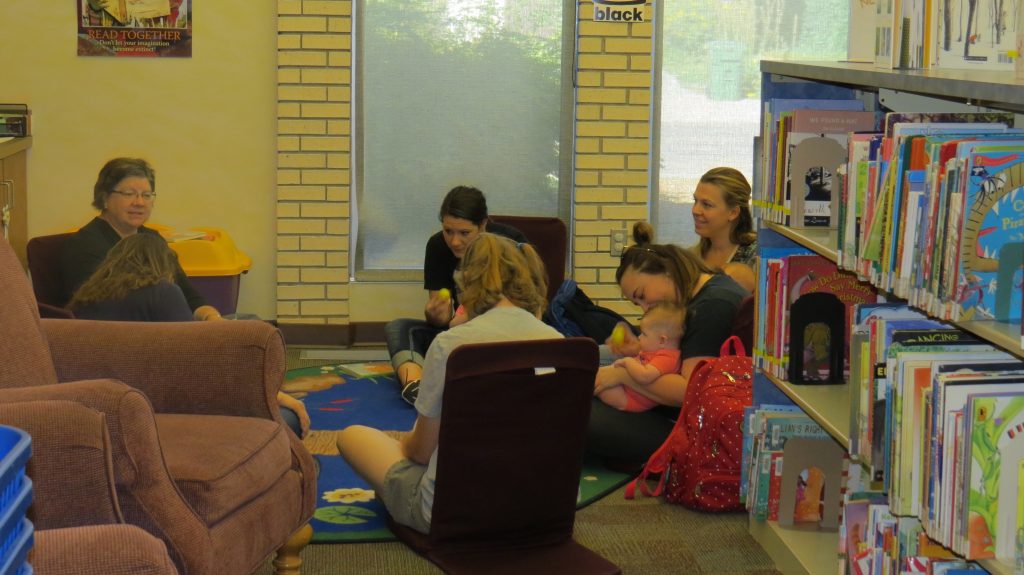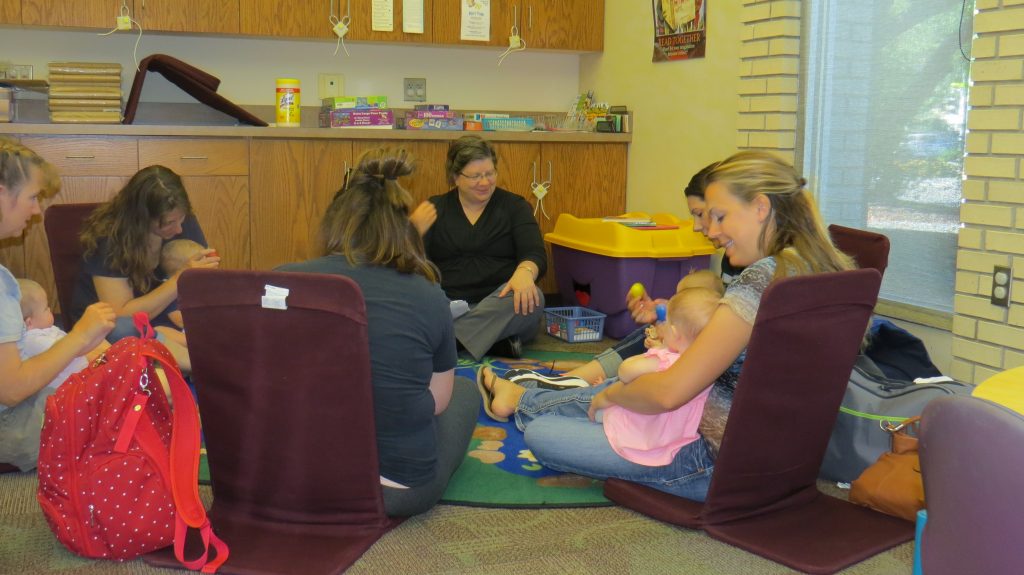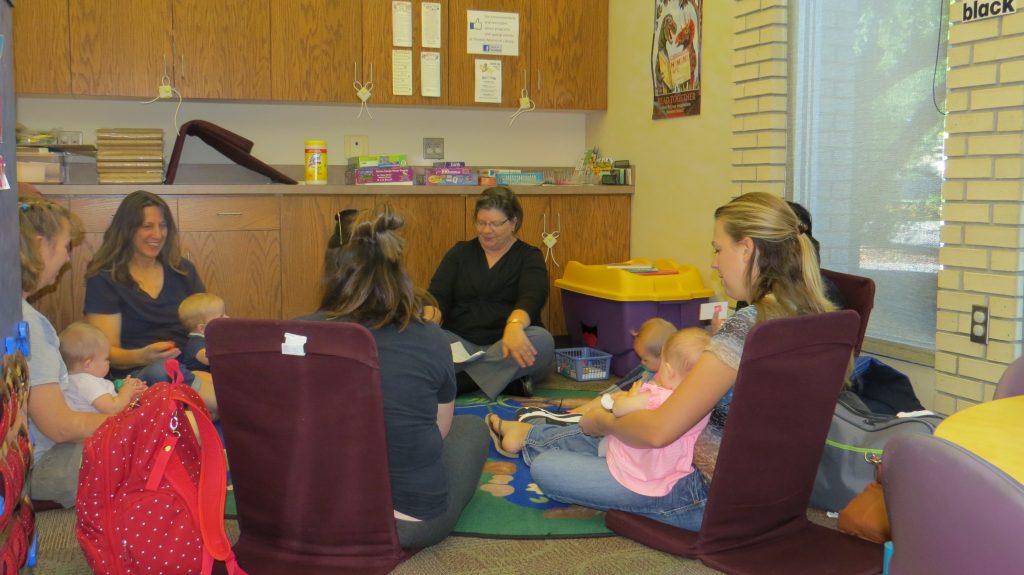Children’s Programming
Story Time at Pioneer Memorial Library

Classes are offered throughout the year. Check back here for more information!
Classes Available:
Preschool (ages 3-5 yrs. old) – Tuesdays at 10:15 a.m.
Toddle Time (ages 18 mos.-3 years) – Wednesdays at 10:15 a.m.
Family Night (all ages) – Tuesdays at 7 p.m.
Our Story Times can be great fun and adults are asked to help by minimizing distractions during the sessions.
PLEASE arrive early, put away books and toys, turn off cell phones and refrain from conversation with other adults during poems and read-aloud’s, so that by setting the example, children will have a greater opportunity to learn from and enjoy the Story Time experience.
For more information about children’s programming or to enroll in Story Time stop by or call the library at 785-460-4470.
Story Times at the Pioneer Memorial Library are designed to enrich and expand the preschool child’s interest in reading and learning activities. Story Times are offered several times during the year and address a variety of themes. Sessions are planned to give children an opportunity to hear a story, enjoy rhymes and music and participate in completing a simple project. Though Story Times are free, registration is requested in to help with program and space planning.
Parents, Grandparents, and Day Care Providers are encouraged to enroll their young child(ren) in these weekly sessions:
- Toddle Time, geared for the child aged 15 months to 3 yrs., is a 20 minute session for the active toddler.
- Preschool sessions are 30 minutes in length and are for 3-4-5 year old child. At this age, most children welcome the sharing of an additional story.
- Family Night sessions follow the preschool format but are open to all members of the family. This is an opportunity for the school-aged child, working parent, and/or siblings to participate in Story Time.
Story Time snacks will be provided by the library through monetary donations from local organizations.
It’s All About Me!
Baby Lapsit Program @ Pioneer Memorial Library
10:15 a.m. in the Meeting Room
5 Sessions in total | Ages: Birth – 15 mos.
Enrollment is limited and Registration is required


What do we know about early literacy?
A child’s brain develops at an incredible rate during the first three years of life. A child’s experiences with language contribute to healthy brain development and lay the foundation for learning to read. Parents are indeed a child’s first and most important teachers.
Researchers agree that children are more likely to become good readers if they start school with three sets of accomplishments: 1.) Oral language skills and phonological awareness – Children are able to comprehend and to express themselves with a wide range of words. They are able to distinguish the sounds as well as the meanings of the words. 2.) Print awareness and letter knowledge – Children have learned that the black and white letters on pages represent spoken words. They are able to read the letters of the alphabet. 3.) Motivation to learn and appreciation for literacy forms – Children have been exposed to a wide variety of literacy experiences and have learned to love books and stories.
Set aside a special time each day to share a book with your child. Share books when you and your child are both in a relaxed mood. Reading even 5 or 10 minutes a day to young children helps them to get ready to read on their own.


Raising a Reader*:
Begin when your child is born and read every day. Sing to your baby. Repeat nursery rhymes. Visit the library and attend their story times. Choose books with colorful pictures and simple words – or no words at all. Read with expression – or just tell the story to your own words. Hold the book so that your child can see the pictures clearly. Let your baby play with a book and turn the pages – board books are great. Point out the words by running your finger under then as you read – left to right. Create fun voices for characters and add personal touches to make the stories more unique. Encourage your toddler to point out objects, repeat words, and to talk about the story. Read your child’s favorite books over and over again. Tell stories about your family and your culture. Make books for your children from magazines or actual family photos – these are always a favorite. Let your children see that you read books to.
*Information from ALA Born to Read and Zero to Three
Learn about the 6×6 Ready to Read program at our library or at http://6by6.mykansaslibrary.org/
For more information about the Baby Lap Sit program or Story Time, please get in touch with Judy Kleinsorge. Her contact information is on the Contact Us page.